Podcast: Play in new window | Download | Embed
Subscribe: RSS
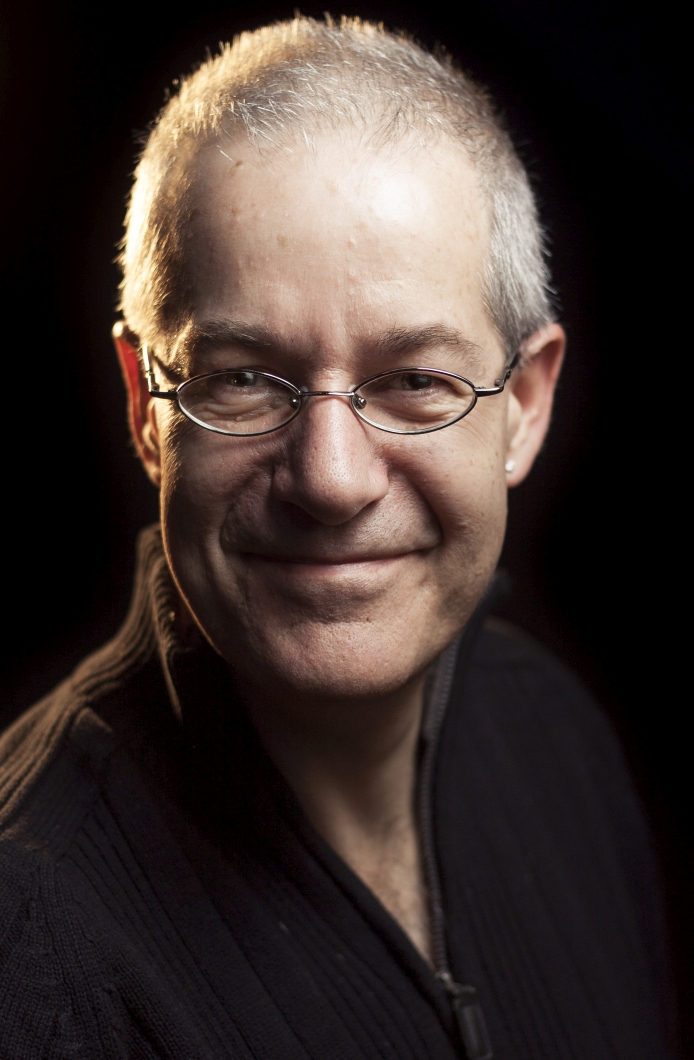 I have previously interviewed a few fantastic scientists and philosophers but rare are those strange birds who manage to combine together both deep academic training and the living ethos of those separate disciplines. Prof. Massimo Pigliucci is one of those very rare and strange people. He has 3 Ph.D.’s – Genetics, Evolutionary Biology, and Philosophy, and is also the author of 165 technical papers in both science and philosophy as well as a number of books on Stoic Philosophy, including the best selling How to Be A Stoic: Using Ancient Philosophy to Live a Modern Life.
I have previously interviewed a few fantastic scientists and philosophers but rare are those strange birds who manage to combine together both deep academic training and the living ethos of those separate disciplines. Prof. Massimo Pigliucci is one of those very rare and strange people. He has 3 Ph.D.’s – Genetics, Evolutionary Biology, and Philosophy, and is also the author of 165 technical papers in both science and philosophy as well as a number of books on Stoic Philosophy, including the best selling How to Be A Stoic: Using Ancient Philosophy to Live a Modern Life.
During this 80 min interview with Massimo Pigliucci, we cover a variety of interesting topics such as: why Massimo is first and foremost a philosopher and not a scientist; the midlife crisis that pushed him to switch careers; stoicism, [virtue] ethics and becoming a better person; moral relativism vs moral realism; the meaning of being human; what are the biggest issues humanity is facing today; why technology is not enough; consciousness, mind uploading and the technological singularity; why technology is the how not the why or what; teleology, transhumanism and Ray Kurzweil’s six epochs of the singularity; scientism and the philosophy of the Big Bang Theory.
As always you can listen to or download the audio file above or scroll down and watch the video interview in full. To show your support you can write a review on iTunes, make a direct donation or become a patron on Patreon.
Who is Massimo Pigliucci?
Prof. Pigliucci has a Ph.D. in Evolutionary Biology from the University of Connecticut and a Ph.D. in Philosophy from the University of Tennessee. He currently is the K.D. Irani Professor of Philosophy at the City College of New York. His research interests include the philosophy of science, the relationship between science and philosophy, the nature of pseudoscience, and the practical philosophy of Stoicism.
Prof. Pigliucci has been elected fellow of the American Association for the Advancement of Science “for fundamental studies of genotype by environmental interactions and for public defense of evolutionary biology from pseudoscientific attack.”
In the area of public outreach, Prof. Pigliucci has published in national and international outlets such as the New York Times, Washington Post, and The Wall Street Journal, among others. He is a Fellow of the Committee for Skeptical Inquiry and a Contributing Editor to Skeptical Inquirer. He blogs on practical philosophy at Patreon and Medium.
At last count, Prof. Pigliucci has published 165 technical papers in science and philosophy. He is also the author or editor of 13 books, including the best selling How to Be A Stoic: Using Ancient Philosophy to Live a Modern Life (Basic Books). Other titles include Nonsense on Stilts: How to Tell Science from Bunk (University of Chicago Press), and How to Live a Good Life: A Guide to Choosing Your Personal Philosophy (co-edited with Skye Cleary and Daniel Kaufman, Penguin/Random House).


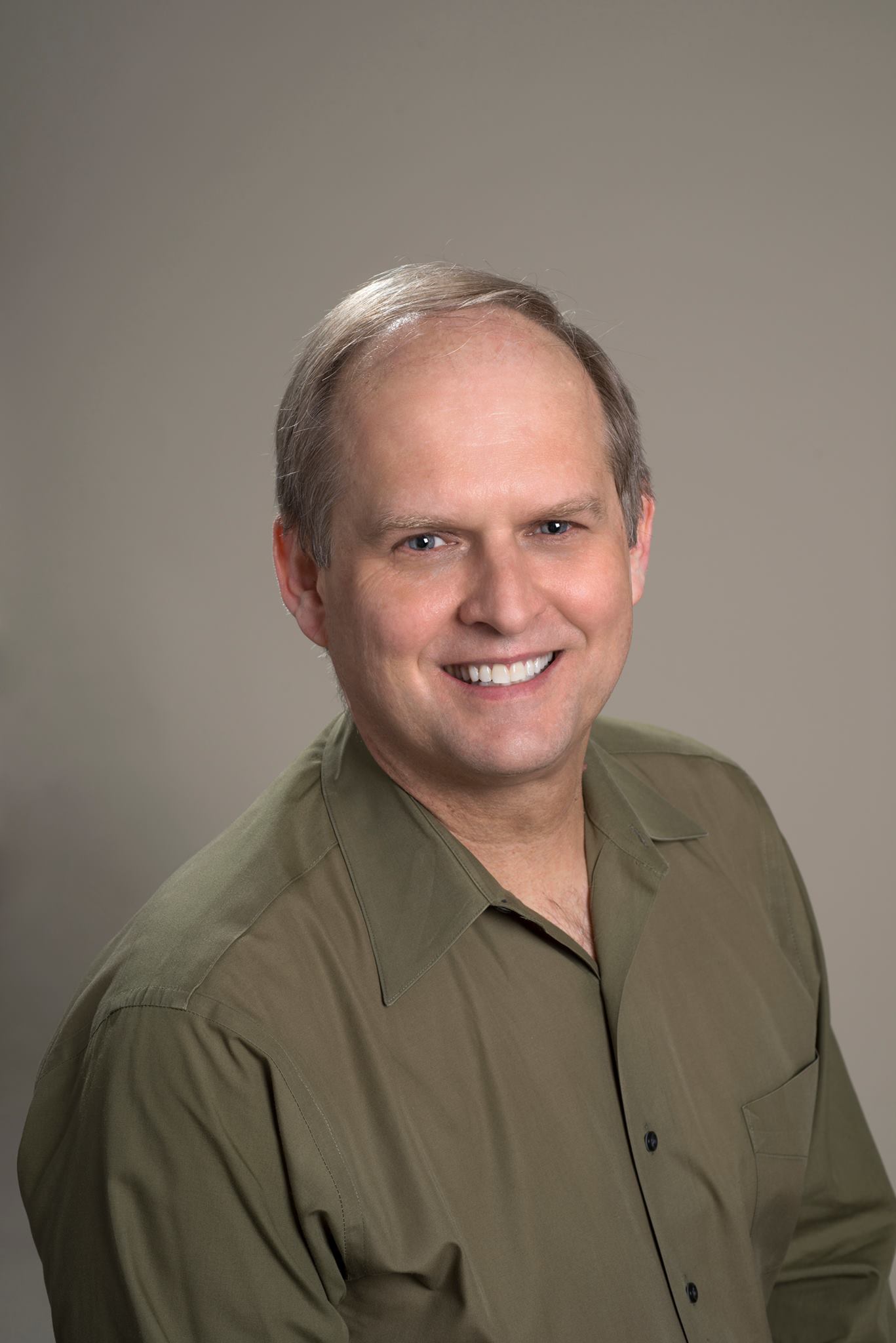
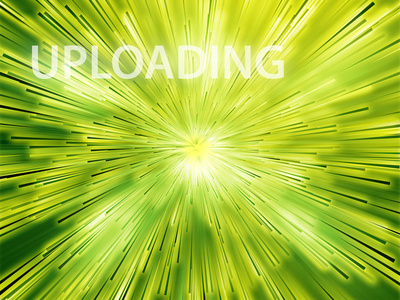 In
In 




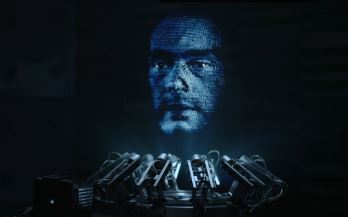


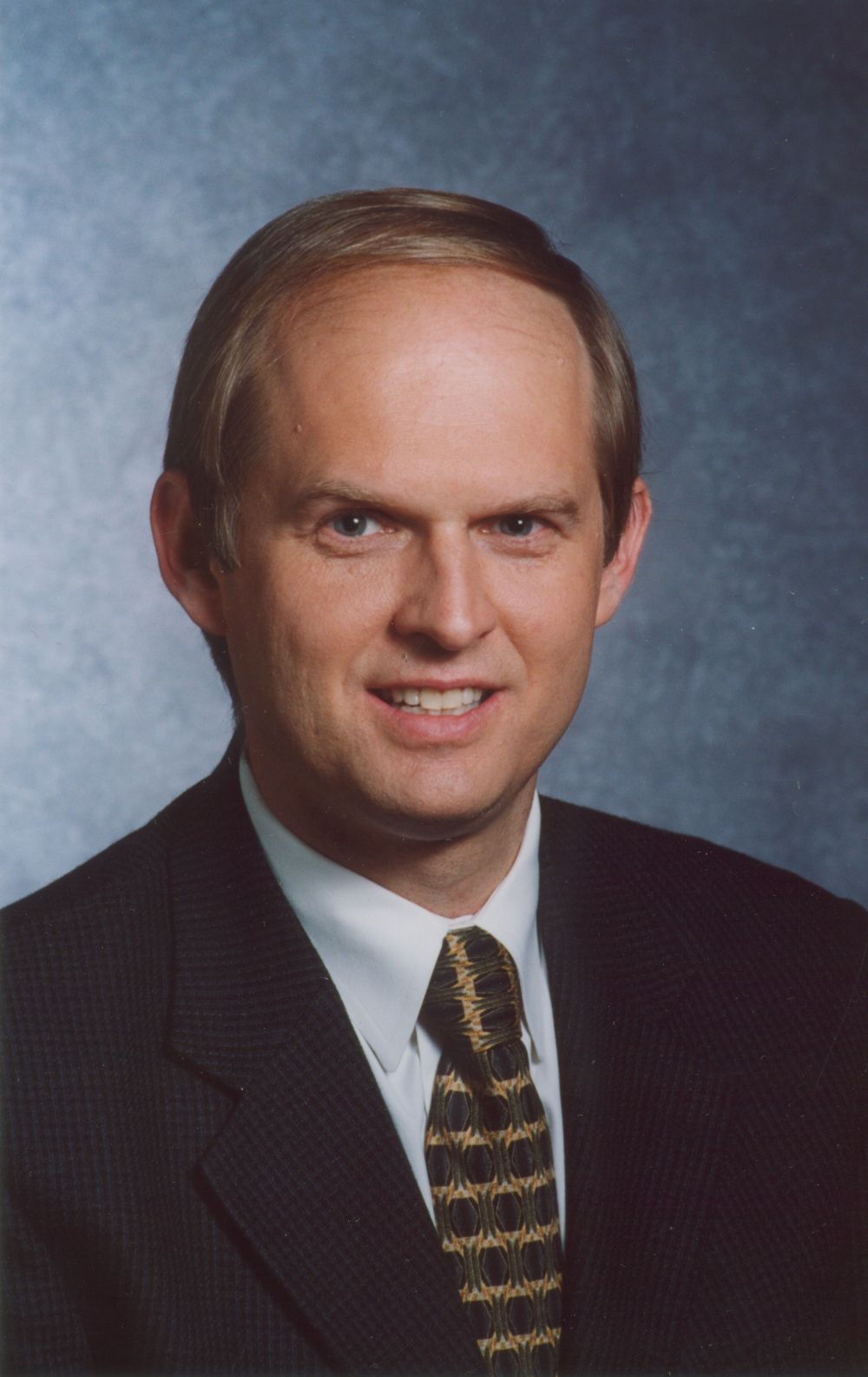

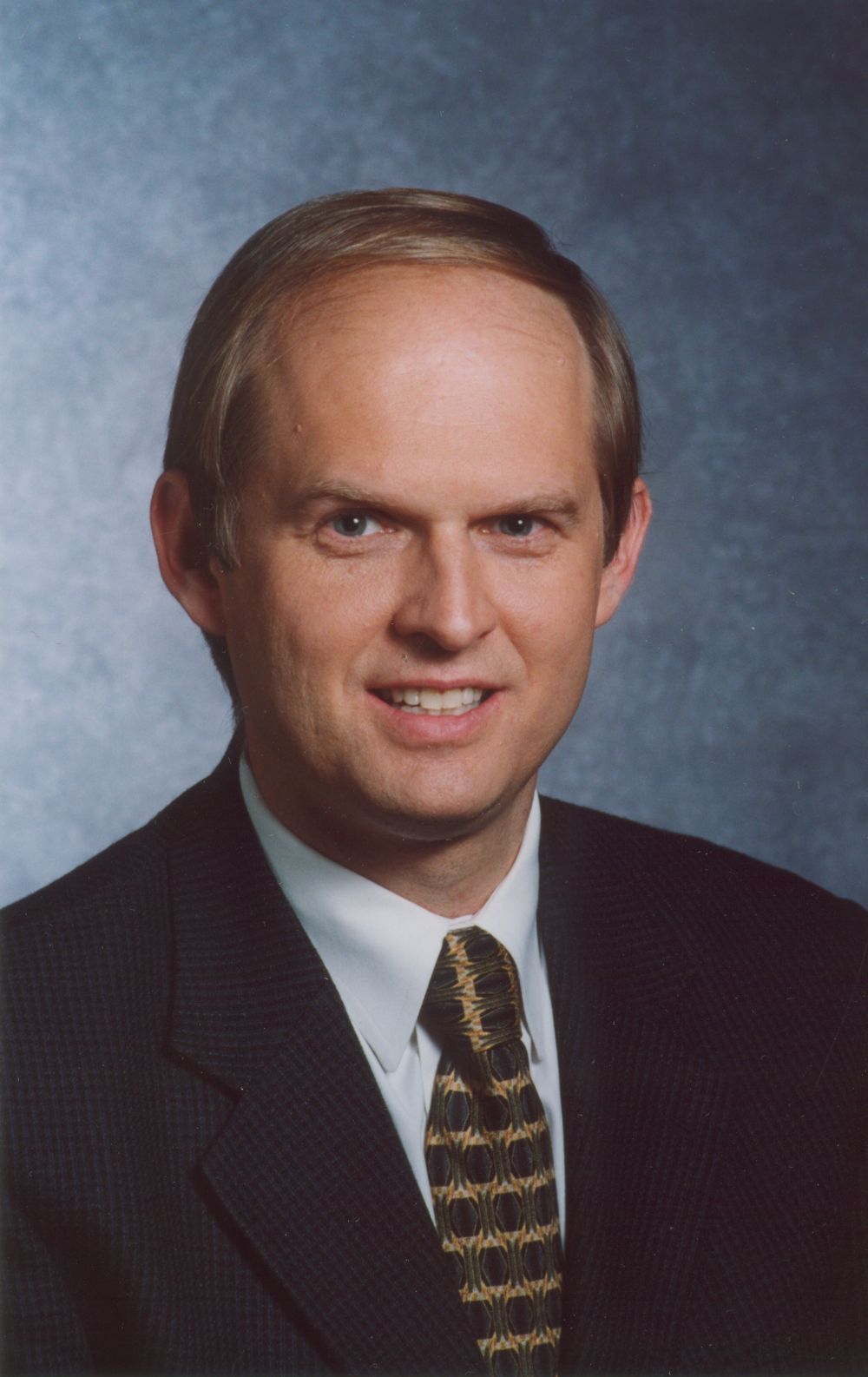
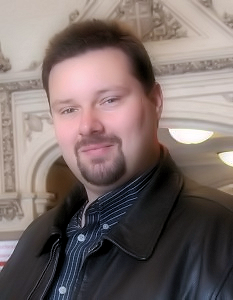 Tracy R. Atkins
Tracy R. Atkins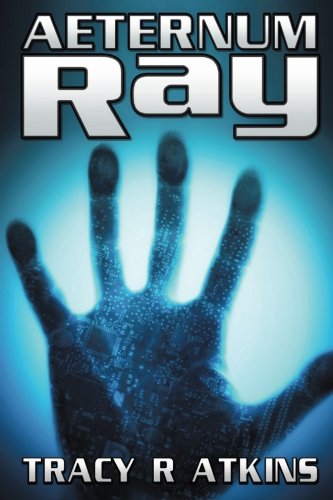 “Poverty, terrorism, murder, disease, homelessness, hopelessness, hunger, and death; all cease to exist in 2049.”
“Poverty, terrorism, murder, disease, homelessness, hopelessness, hunger, and death; all cease to exist in 2049.”


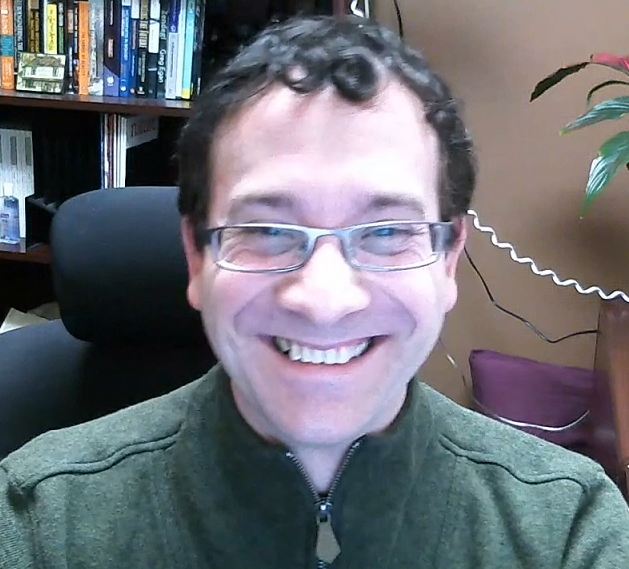 This is my second interview with
This is my second interview with 
 Yesterday I interviewed philosopher
Yesterday I interviewed philosopher 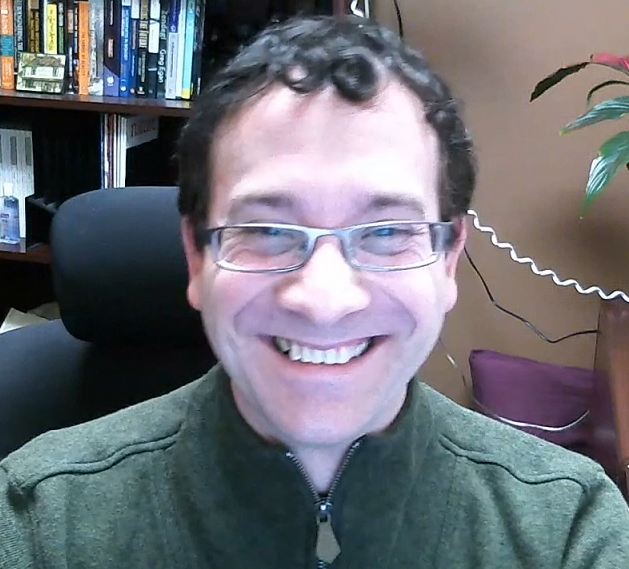 Last week I interviewed
Last week I interviewed